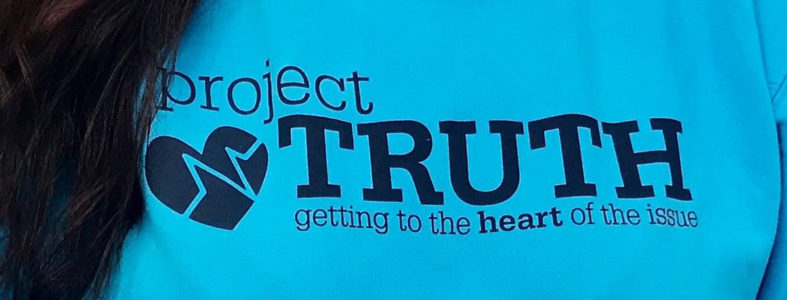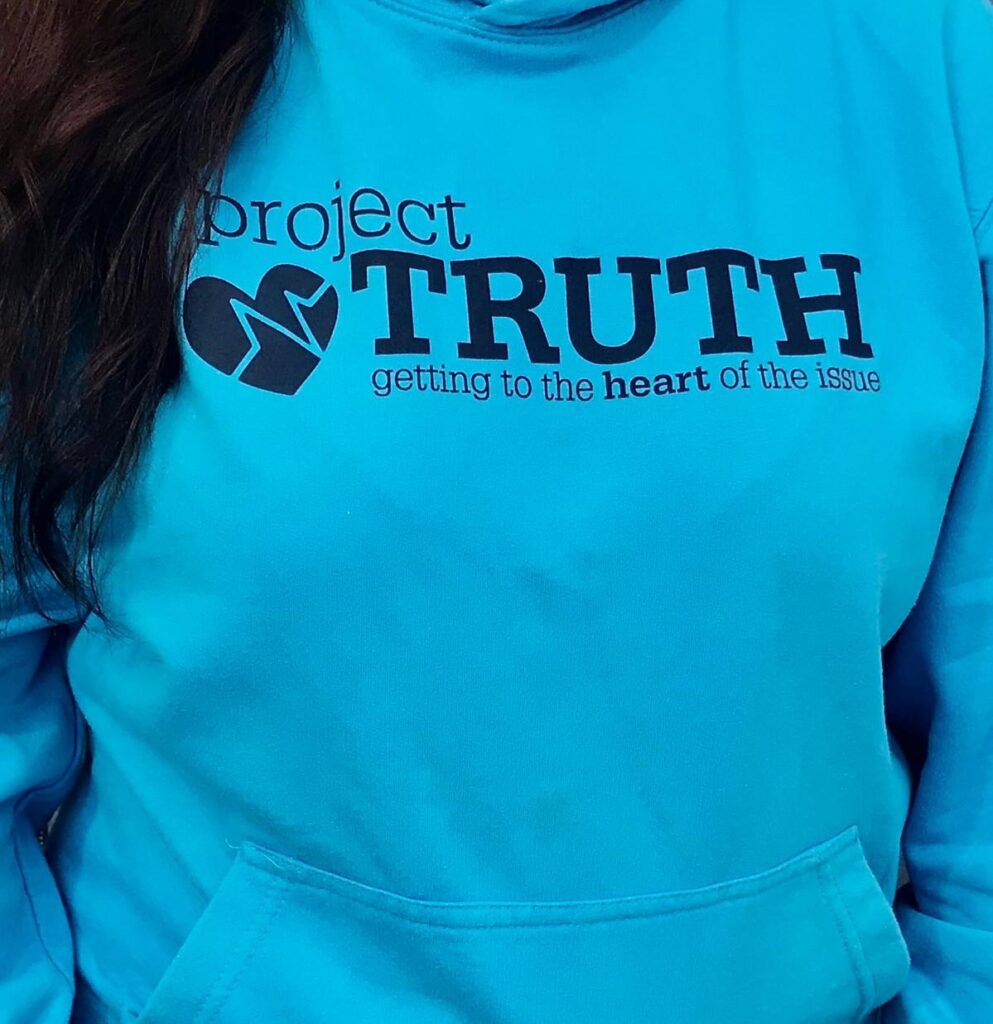
February 2020

Have you considered these Important Questions about abortion on demand?
1. Why is there a clear double standard: society stays quiet about abortions, whilst mourning miscarriages?
I recently spoke to a couple who last year suffered the miscarriage of a 15-week-old boy. Both pro-life and pro-choice friends mourned with them and consoled them for the loss of their child, supporting them. They then became aware of the existence of an inexplicable double-standard in society: miscarriages are met with flowers, cards and healing, while abortions on demand are swept under the carpet, hidden, and suffered in silence.
Their conclusion – it is because abortions on demand are wrong.
2. Why do we fight to save the lives of disabled and premature babies?
How can we reconcile the fact that the same surgeon can be required to dispose of unwanted unborn children in a brutal fashion, and then perform seemingly miraculous surgery on equally young babies in order to save them? A hospital in California saved the life of a tiny 23-week old little girl. What made that girl’s life worth saving? Was it the fact that she now happened to be outside the womb?
We speak of her as 23 weeks old – doesn’t that demonstrate that we accept that her life began at conception?
3. Why are abortion laws based on viability outside the womb?
The cut-off point of 24 weeks for healthy babies in the United Kingdom is based on whether the baby can survive on his or her own outside the womb. If not, the mother has the right to kill him or her. This “number of weeks” criteria changes from country to country, while all babies and many of the elderly or infirm are also highly dependent on the care of others.
Dependency on others does not determine whether anyone’s life has value, so why is this arbitrary standard applied to an “approved killing age” for unborn babies?
4. Why is a woman’s body used as an argument against her baby’s life?
The right to life argument is often opposed by the claim of some women to govern their own bodies, but the unborn child is not part of the woman’s body. Science and our legal systems support this. If a pregnant woman is murdered, no matter how long the pregnancy, it is considered to be a double homicide. Both bodies are unique, have their own DNA, and are equally beautiful and valuable. That is why we fight for the rights of both babies and women.
How can abortion be a central tenet of women’s rights when it causes women so much suffering and pain, and when over half the aborted babies in the world are female, over 20 million a year*?
5. Why isn’t it mentioned that many women suffer unbelievable regret and mental distress after having an abortion?
This is not mere anecdote. Many women have been very public and vocal about the guilt and regret they have felt following an abortion. Whether or not this is categorised as a mental health issue is not the important thing here. Guilt signals something important to a person, and without guilt we lose our humanity. So why do we ignore the fact of guilt following abortions? Is it because an admission of guilt is an admission of wrongdoing?
6. Why is the pro-life movement vilified and bullied? Is it wrong to campaign to keep the right to life for the most vulnerable?
The pro-life movement is often portrayed as “entrenched in the past”, uncaring, and not representative of women’s views. Yet more women are opposed to abortion on demand than men!
All human life is precious, equal, and all human beings have a right to life.
This understanding makes all pro-life campaigners anti-slavery, anti-poverty, anti-discrimination, and pro all human life, even in the womb.
7. Why don’t you prefer adoption over abortion?
Why force women to make a choice between abortion and keeping the baby, when there is a beautiful third option: the childless couples out there who would do almost anything to have a baby of their own. Of course, there is pain involved in giving away a child, but isn’t that preferable to ending that child’s life?
8. Why do some people find it more acceptable to fight for the rights of animals than those of unborn humans?
Vegan campaigners often base their argument on the personification of animals, with slogans like, “I’m ME not MEAT”.
Vegans are considered to be compassionate, and their views and ethical beliefs are respected.
Why is it that animal rights campaigners are considered compassionate, whilst those defending children’s rights before birth are considered by some to be irrational and inconsiderate, and cruel?
9. What do you think our descendants will think of us?
Western society has been shown to be wrong on key human rights issues in the past – most notably slavery and racial prejudice.
Future generations will be ashamed of those who promote and accept the painful and barbaric killing of our own children before birth, at a rate of more than 40 million a year*.
Future survivors of such policies will find no justification for our actions to abolish the laws that protect humans before birth.
10. When does a person become a person?
The UN Declaration of the Rights of the Child says the child needs legal protection before and after birth.
But some people still ask when does a human person come into existence? When we were born? When we were viable outside the womb? Most people agree that we should protect the rights of all human beings, but when does a human person come into existence? When our hearts commenced beating? In the UK they say that an embryo becomes a human at 24 weeks exactly, or at birth if a child is disabled! Worldwide anything between 6 weeks and full term is used. Which of these is true? They cannot all be!
The unborn child is human from the point of conception onwards. Recently the British Heart Foundation at the University of Oxford research suggests heart cells start beating as early as 16 days after conception. **
How have we allowed the convenience of parents to become more important than the right to life of their children?
Women are worthy of protection and justice, and of the best support possible in pregnancy and beyond. Abortion on demand is simply not the way to support women.
It is time we question a culture that pits a mother against her baby, that offers no support to women in situations of unplanned pregnancy, that discriminates against people with disabilities and little girls in the womb, and that does not uphold the absolute right to life for all, including the most vulnerable in our society. It is time to be honest, and deal openly with these questions.
* These are conservative figures, the real numbers may be much higher.
** www.ox.ac.uk/news/2016-10-11-first-our-three-billion-heartbeats-sooner-we-thought
11. Would the proposed change in the law endanger the life of the child?
Current Gibraltar law protects the lives of Gibraltarians before and after birth. The proposed changes would abolish this right and risk decimating the country’s already small population year on year.
The section 2 2006 of our Constitution acknowledges the right to life (as did its predecessor) mirroring the 1952 European Convention on Human Rights. www.gibraltarlaws.gov. Paragraph
Further more, by the UN Declaration of Rights of the Child 1959 …a child has rights “before as well as after birth.” The 1959 Declaration applies to Gibraltar.
